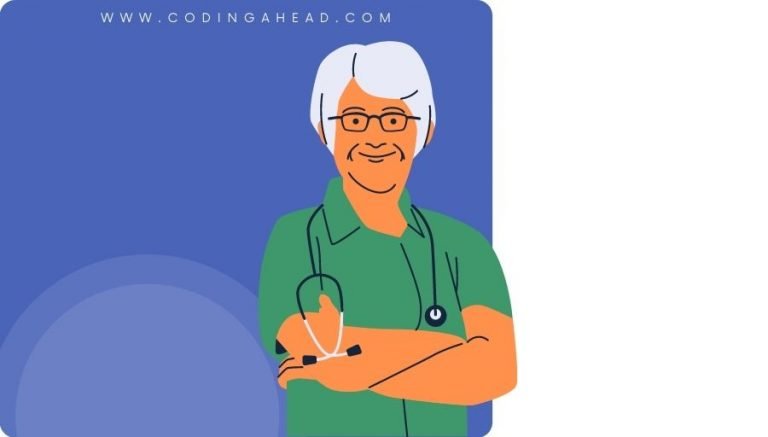How To Use CPT Code 38205
CPT 38205 describes the process of harvesting blood-derived hematopoietic progenitor cells for transplantation. This article will cover the official description, procedure, qualifying circumstances, appropriate usage, documentation requirements, billing guidelines, historical information and billing examples.
1. What is CPT Code 38205?
CPT 38205 can be used to describe the procedure of harvesting hematopoietic progenitor cells (HPCs) from the blood of a donor for transplantation. This code specifically refers to the collection of allogeneic cells, which means using body tissue from one individual for another individual.
2. Official Description
The official description of CPT code 38205 is: ‘Blood-derived hematopoietic progenitor cell harvesting for transplantation, per collection; allogeneic.’ This code is used when a provider performs the collection of HPCs from the blood using a technique called apheresis.
3. Procedure
- The provider connects the blood circulation of a donor with a machine that circulates the collected blood.
- The machine separates the stem cells, which are the HPCs, from other components of the blood through a process called apheresis.
- The provider may perform multiple cycles of apheresis to collect a sufficient amount of HPCs.
- After collecting the cells, the provider transplants them into another person.
- The remaining blood is returned to the donor.
4. Qualifying circumstances
CPT 38205 is used when a provider harvests HPCs from the blood of a donor for transplantation. This procedure is typically performed by providers who specialize in bone marrow and stem cell transplantation to treat various diseases of the blood and bone marrow, as well as certain cancers. The harvested cells can be used to develop into different types of blood cells.
5. When to use CPT code 38205
CPT code 38205 should be used when a provider performs the collection of allogeneic HPCs from the blood for transplantation. It is important to note that this code specifically refers to the collection of cells from the blood, not from the patient’s own blood or bone marrow.
6. Documentation requirements
To support a claim for CPT 38205, the provider must document the following information:
- Explanation of the need for the transplantation and the decision to collect allogeneic HPCs
- Details of the apheresis procedure, including the number of cycles performed
- Amount of HPCs collected
- Date and time of the procedure
- Signature of the provider performing the collection
7. Billing guidelines
When billing for CPT 38205, ensure that the procedure involves the collection of allogeneic HPCs from the blood. It is important to follow the specific documentation requirements and guidelines provided by the payer. Additionally, consider any applicable modifiers or additional codes that may need to be reported in conjunction with CPT 38205.
8. Historical information
CPT 38205 was added to the Current Procedural Terminology system on January 1, 2003. There was a code change on January 1, 2012, which modified the description to specify ‘allogenic’ instead of ‘allogeneic.’
9. Examples
- A provider performing the collection of allogeneic HPCs from the blood of a donor for transplantation.
- A hematologist harvesting HPCs from the blood of a matched donor for a patient with leukemia.
- An oncologist collecting allogeneic HPCs from the blood of a sibling donor for a patient with lymphoma.
- A transplant surgeon performing the apheresis procedure to collect allogeneic HPCs for a patient with aplastic anemia.
- A medical technologist assisting in the collection of allogeneic HPCs from the blood of a volunteer donor for a patient with multiple myeloma.
- A hematopoietic stem cell transplant coordinator overseeing the collection of allogeneic HPCs from the blood of a unrelated donor for a patient with myelodysplastic syndrome.
- A nurse monitoring the apheresis procedure to collect allogeneic HPCs from the blood of a donor for a patient with sickle cell disease.
- A transplant coordinator coordinating the collection of allogeneic HPCs from the blood of a matched unrelated donor for a patient with thalassemia.
- A hematologist performing the apheresis procedure to collect allogeneic HPCs for a patient with myelofibrosis.
- A medical laboratory scientist processing the collected allogeneic HPCs for transplantation into a patient with severe combined immunodeficiency.


